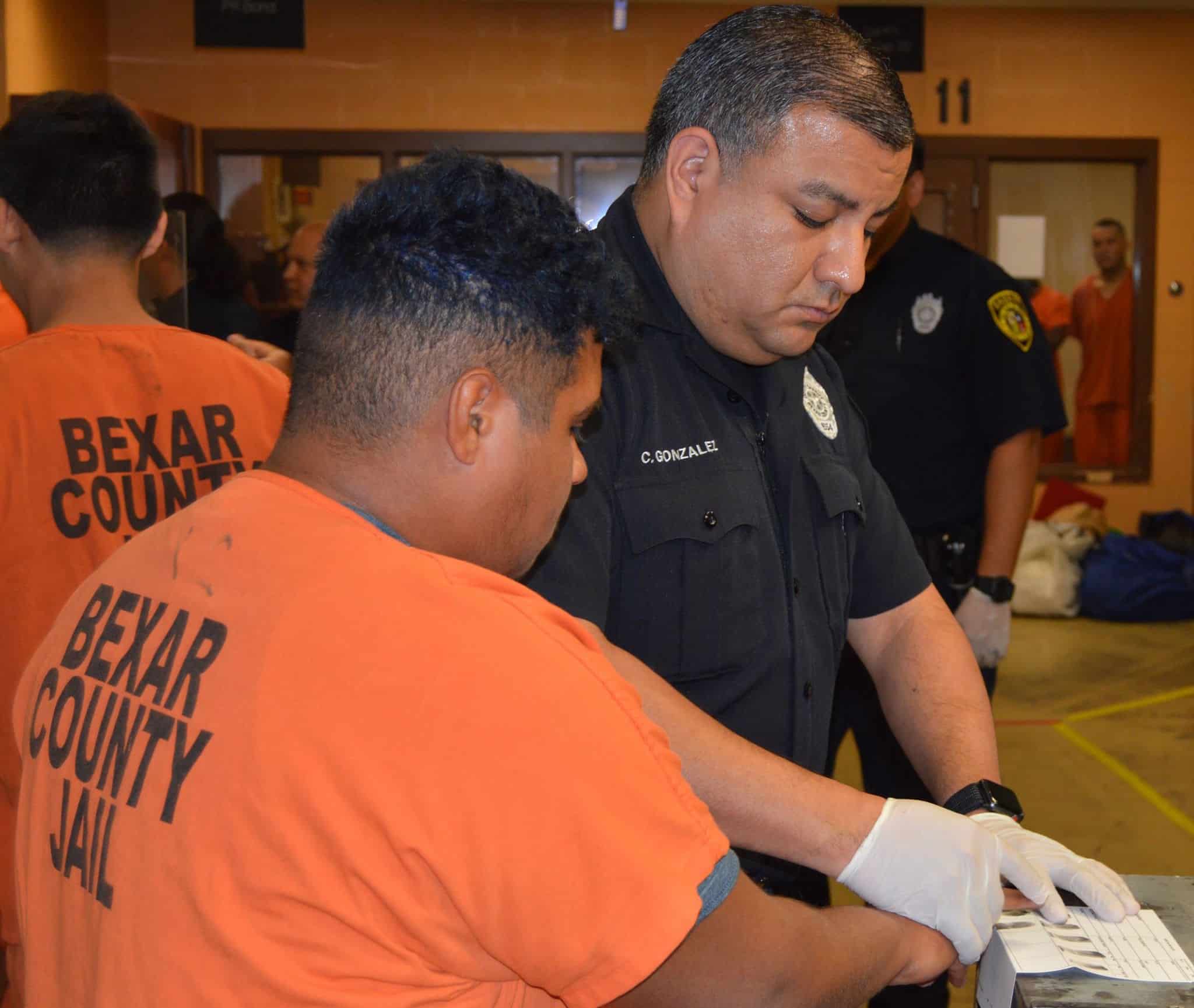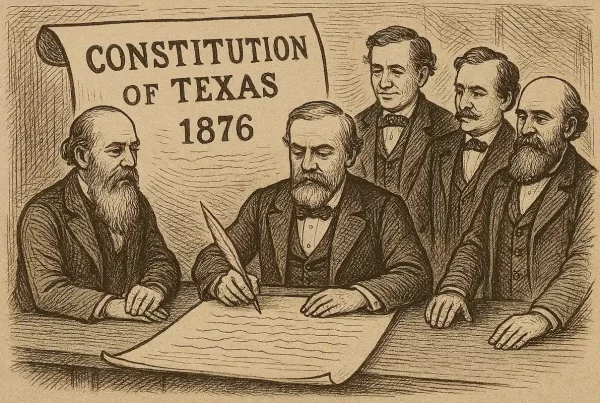Overview
The Texas Penal Code is a collection of most of the criminal laws of the State of Texas, defining various crimes and the corresponding penalties for committing them.
The Penal Code is one of 28 codes, or books, of Texas laws, which are enacted by the Legislature. However, it doesn’t include all criminal laws of the state because certain crimes are codified in the Transportation Code or other codes, and because Texas cities are also able to enact their own local criminal ordinances.
An official version of the Texas Penal Code is available online from the state legislature. In print, Vernon’s Texas Statutes and Codes Annotated is considered the official version of the laws.
Persons accused of crimes under the Penal Code are entitled to trial in a court of law. They are presumed innocent until proven guilty.
Major Crimes in Texas
The Penal Code defines various acts that constitute crimes, including homicide, kidnapping, smuggling of persons, assault, sexual assault, public lewdness, arson, burglary, theft, and fraud.
Some crimes involve acts of official corruption, including bribery, improper influence, obstruction, and retaliation against an employee for reporting a criminal offense.
Texas also criminalizes the possession of certain narcotics, including marijuana, heroin, cocaine, and methamphetamine, though these laws are found in the Health and Safety Code, not in the Penal Code.
Punishments in the Penal Code
The Penal Code classifies criminal offenses according to their relative seriousness:
- Class A misdemeanors: punishable by a fine not to exceed $4,000, confinement in jail for a term not to exceed one year, or both fine and confinement.
- Class B misdemeanors: punishable by a fine not to exceed $2,000, confinement in jail for a term not to exceed 180 days, or both fine and confinement.
- Class C misdemeanors: punishable by a fine not to exceed $500.
- Capital felonies: punished by death, or imprisonment in state prison for life without parole, except in juvenile cases
- 1st-degree felonies: punishable by imprisonment in state prison for 5 to 99 years, or for life, plus a fine not to exceed $10,000.
- 2nd-degree felonies: punishable by imprisonment in state prison for 2 to 20 years, plus a fine not to exceed $10,000.
- 3rd-degree felonies: punishable by imprisonment in state prison for 2 to 10 years, plus a fine not to exceed $10,000.
- State jail felonies: punishable by imprisonment in a state jail for 180 days two 2 years, except in certain more certain cases involving prior convictions, or cases involving a deadly weapon; plus a fine not to exceed $10,000.
Frequently Asked Questions
What constitutes a felony in Texas?
A felony in Texas is a serious crime punishable by imprisonment for usually two or more years. Felonies include offenses such as murder, robbery, and aggravated assault.
What is the difference between a misdemeanor and a felony in Texas?
Misdemeanors are less serious offenses punishable by fines or jail time. Misdemeanor offenders are typically released on bond or serve time in county jail, whereas felony offenders can be sentenced to time in state prison.
What is aggravated assault in Texas?
Aggravated assault involves causing serious bodily injury or using a deadly weapon during an assault. It is classified as a second-degree felony and carries severe penalties.
What is a “DWI” in Texas?
DWI stands for “Driving While Intoxicated.” It is illegal to operate a vehicle with a blood alcohol concentration (BAC) of 0.08% or higher, and penalties can include fines, license suspension, and imprisonment.
What are the penalties for DWI in Texas?
Penalties for DWI vary based on the number of offenses. A first offense may result in a fine and license suspension, while subsequent offenses can lead to longer suspensions, larger fines, and possible jail time.
Is marijuana legal in Texas?
No, marijuana is illegal in Texas for recreational use. However, possession of small quantities of marijuana is generally not prosecuted in certain counties (though individuals can still be arrested for possession of marijuana, even in those counties). Medical marijuana is permitted under strict conditions for patients with qualifying conditions.
What is “sexual assault” under the Texas Penal Code?
Sexual assault in Texas involves any non-consensual sexual contact with another person. It is classified as a second-degree felony, carrying significant penalties.
What is the punishment for murder in Texas?
Murder in Texas is generally classified as a first-degree felony. It can result in life imprisonment or the death penalty, depending on the circumstances, such as whether it was premeditated or involved special aggravating factors.
What is “contempt of court”?
Contempt of court refers to actions that disrupt or disobey court proceedings, such as refusing to follow a court order, being disruptive during hearings, or failing to appear for a scheduled trial. Penalties can include fines or jail time.
What is “family violence” in Texas?
Family violence refers to any acts of violence against a family member, household member, or romantic partner. It is taken seriously, with heightened penalties for repeat offenders and special considerations for protective orders.
What is the difference between “burglary” and “robbery”?
Burglary involves unlawfully entering a building with the intent to commit a crime (such as theft or assault), while robbery involves using force or intimidation to steal from someone. Robbery is a more serious offense.
Disclaimer
⚠️ This website is for informational and educational purposes only. Nothing on this website constitutes legal advice. Do not rely on this website in legal proceedings. Seek legal counsel.
Although information on this website is believed to be generally accurate at time of publication, we do not make any warranty or guarantee to that effect.
Information on this site may be out-of-date. It may not reflect the latest changes in statute, etc.


